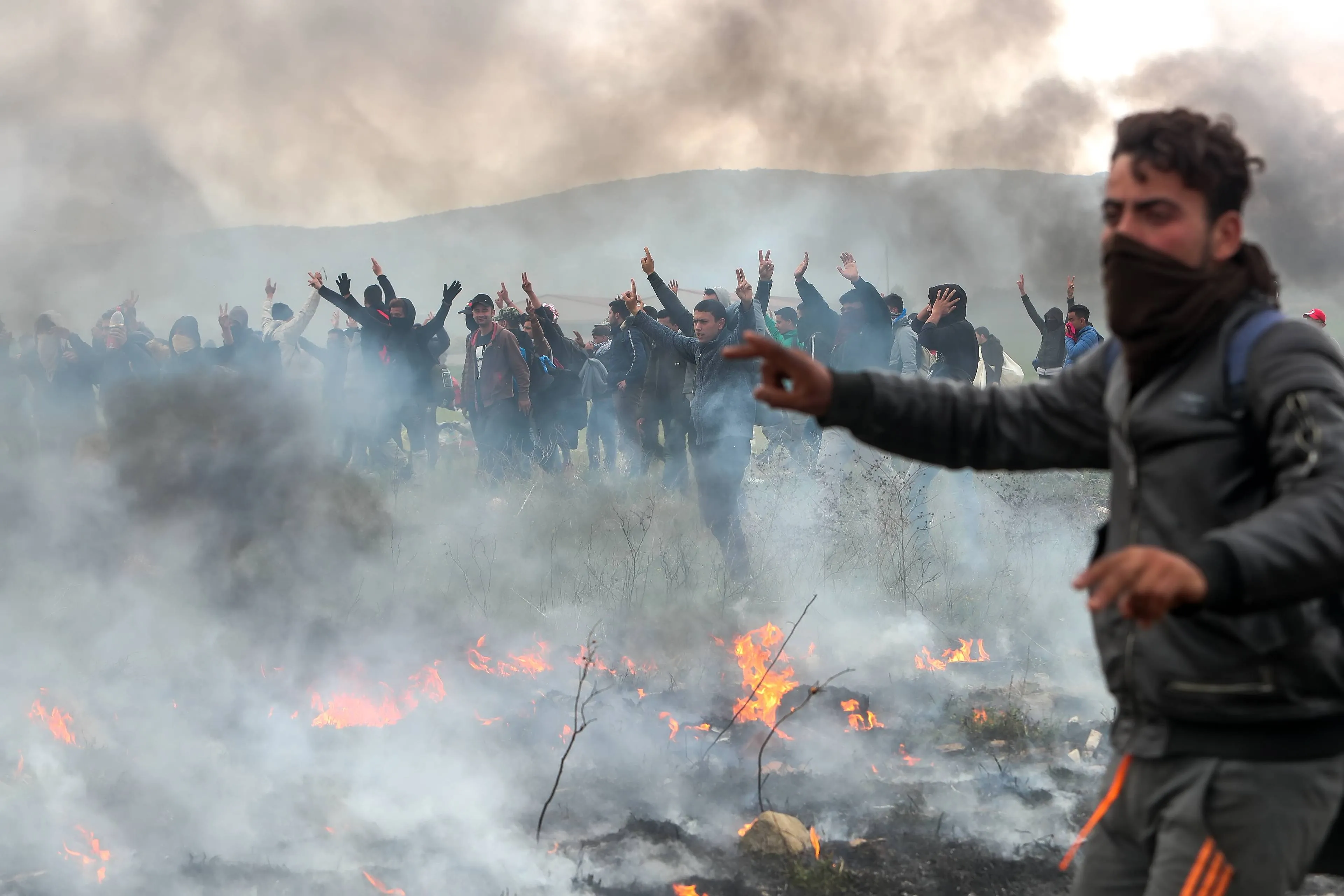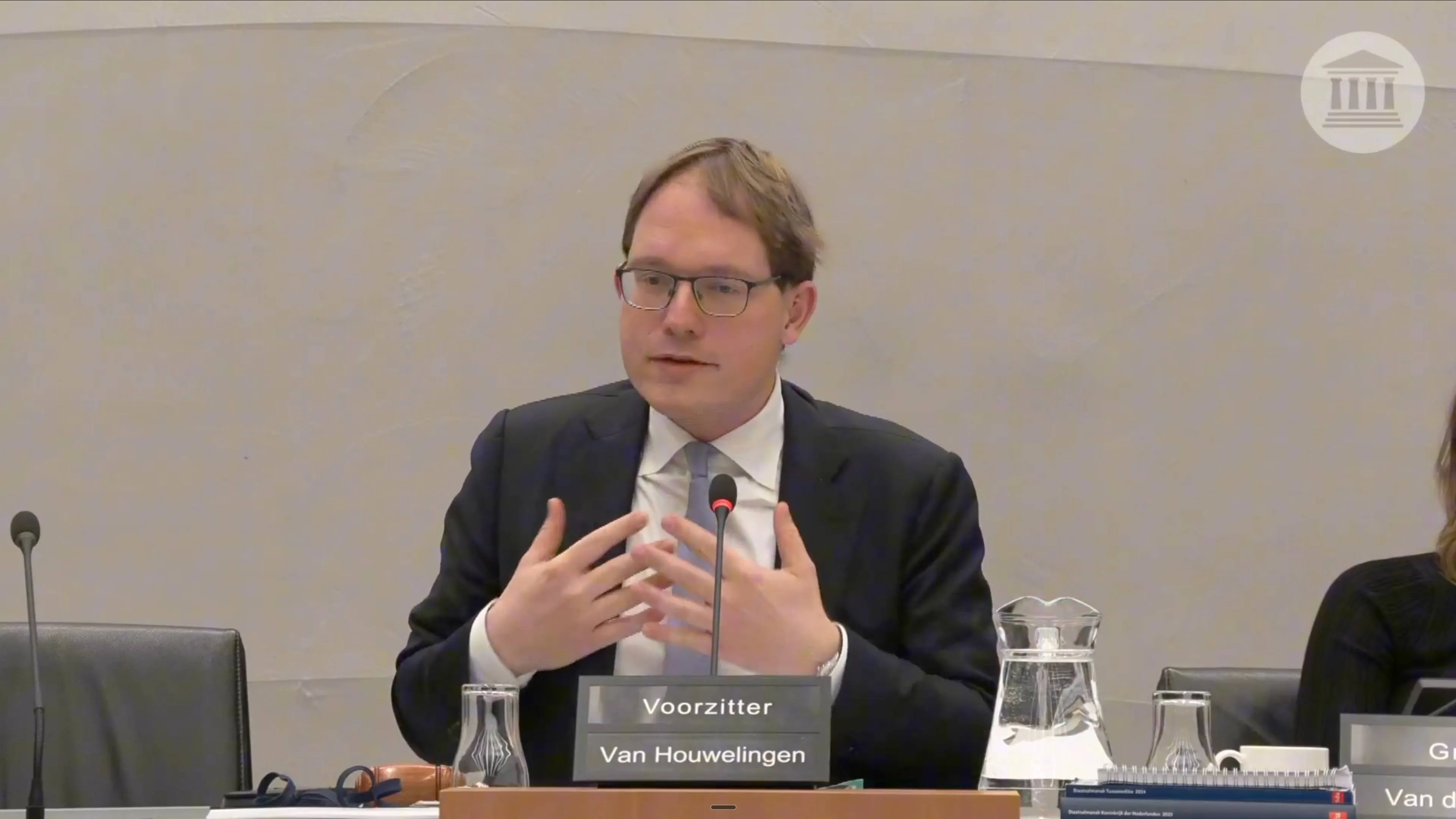Zwartgallige onheilsprofeet versus rasoptimist: Paul Ehrlich versus Julian Simon
Bill Gates over een beroemde weddenschap.
Onder de titel, 'The Wager of the Decade and Its Unfortunate Legacy', schreef Bill Gates op zijn blog over het boek, 'The Bet: Paul Ehrlich, Julian Simon, and Our Gamble over Earths Future', van Paul Sabin.
Gates:
The Bet was a stark reminder to me of how apocalyptic a big part of the environmental movement has been. ...
[In 1981] two rival professors with radically divergent perspectives were sealing a bet that the Chronicle of Higher Education called the scholarly wager of the decade. This bet is the subject of Yale history professor Paul Sabins new book. The Bet: Paul Ehrlich, Julian Simon, and Our Gamble over Earths Future provides surprising insights for anyone involved in addressing the worlds wicked problems. Most of all, it gave me new perspective on why so many big challenges get bogged down in political battles rather than being focused on problem-solving.
[In 1981] two rival professors with radically divergent perspectives were sealing a bet that the Chronicle of Higher Education called the scholarly wager of the decade. This bet is the subject of Yale history professor Paul Sabins new book. The Bet: Paul Ehrlich, Julian Simon, and Our Gamble over Earths Future provides surprising insights for anyone involved in addressing the worlds wicked problems. Most of all, it gave me new perspective on why so many big challenges get bogged down in political battles rather than being focused on problem-solving.
So what was the bet? University of Illinois economist Julian Simon challenged Stanford biologist Paul Ehrlich to put his money where his mouth was and wager up to $1,000 on whether the prices of five different metals would rise or fall over the next decade. Ehrlich and Simon saw the price of metals as a proxy for whether the world was hurtling toward apocalyptic scarcity (Ehrlichs position) or was on the verge of creating greater abundance (Simons).
Ehrlich was the countrys, and perhaps the worlds, most prominent environmental Cassandra. He argued in books, articles, lectures, and popular television programs that a worldwide population explosion threatened humanity with the most colossal catastrophe in history and would result in hundreds of millions of deaths from starvation and dire shortages not just of food but all types of raw materials.
Simon, who passed away in 1998, was a population optimist. A disciple of conservative University of Chicago economist Milton Friedman, Simon believed the doomsayers models gave little or no credit to the power of efficient markets and innovative minds for developing substitutes for scarce resources and managing out of crises. He went so far as to claim that population growth should thrill rather than frighten us.
At the time of the bet, Simon was a relatively unknown scholar who loved using the eminent Ehrlich as a foil. In public, Ehrlich didnt even acknowledge Simon by name. Nonetheless, Ehrlich rose to Simons bait. It seemed a small price to pay to silence Julian Simon for ten years, in the words of Sabin.
Who won the bet? Simon. Definitively. Even as the world population grew from 4.5 to 5.3 billion in the 1980s, the five minerals that were included in the betchromium, copper, nickel, tin, and tungstencollectively dropped in price by almost half. Ehrlich begrudgingly made good on the bet. But to this day he still does not concede that his predictions of Mathusian horrors have been off the mark. Similarly, he does not acknowledge that the discipline of economics has anything of value to contribute to discussions of population or the environment.
Even though I had gone back in recent years to read Ehrlichs Population Bomb (1968) and the Club of Romes intellectually aligned book Limits to Growth (1972), The Bet was a stark reminder to me of how apocalyptic a big part of the environmental movement has been. Ehrlich claimed to have science on his side in all of his predictions, including how many people the Earth can feed. He stated as scientific fact that U.S. lifestyles were unsustainable, calling developed countries overdeveloped countries. Limits to Growth claimed the credibility of computer modeling to justify its predictions of apocalypse.
Simon was equally extreme in his rhetoric. He was as reflexively dismissive of the discipline of ecology as Ehrlich was of economics. And his sound bites provided great fodder for Ronald Reagan and other conservative politicians eager to push back on the pronouncements of environmental scientists. But history generally has been kinder to his predictions than those of Ehrlich. ...
Hedendaagse auteurs die schrijven in de traditie van Julian Simon zijn onder meer Bjorn Lomborg en Matt Ridley.
Matt Ridleys book The Rational Optimist (2010) is probably the best statement today of the Simon case, and Ridley was more careful than Simon was in his claims. Even though I agree with a lot of the book, it too easily dismisses the need to address problems of the poorest, climate change, and the oceans.
I recommend The Bet to anyone wanting to understand the history of the divisive discussions we have today, especially the stalemate over climate change. Sabin makes a strong case that Ehrlichs brand of science made it easy for conservative critics to caricature environmentalists as doom merchants and fear mongers who peddle dubious science as a means of advancing their biggovernment agenda.
And Simon is far from blameless. Julian Simon and other critics of environmentalism have taken far too much comfort from extravagant and flawed predictions of scarcity and doom, writes Sabin. By focusing solely and relentlessly on positive trends, Julian Simon made it more difficult to solve environmental problems.
Its a shame that extreme views get more attention and more of a following than nuanced views. We see this dynamic clearly when the Intergovernmental Panel on Climate Change does its best to be clear and impartial in conveying what is known on the key issues, but both liberals and conservatives make it hard for the public to understand the panels nuanced conclusions.
I wish there more people who took the middle ground and who were as prominent as Simon or Ehrlich. So heres my question to you: Whats the best way to encourage scholars to combine the best insights from multiple disciplines? How can we elevate the status of scientists and spokespeople who refuse the lure of extremism and absolutism?
Lees verder hier.
Bill Gates verdient lof dat hij als eerlijke makelaar wil optreden tussen twee diametraal tegenovergestelde visies. Maar is er wel een 'middle ground'? Over het VNklimaatpanel (IPCC) schrijft hij dat het zijn best doet om helder en onpartijdig te zijn over cruciale vragen. Maar zowel linksen als rechtsen zouden daarbij geen weerstand kunnen bieden aan aan de verleiding van extremisme en absolutisme. Aldus Bil Gates.
Dat ziet hij mijns inziens verkeerd. Hij had zich wat meer moeten verdiepen in waar het in de klimaatdiscussie nu precies om gaat. Natuurlijk, de klimaatdiscussie is hogelijk gepolitiseerd. Maar ook vele rechtse mensen geloven in de menselijke broeikashypothese, terwijl vele linkse mensen, waaronder in ons land voortreffelijke klimaatwetenschappers als Henk Tennekes en Bas van Geel, daar niet in geloven. Dus het is niet zo zwart/wit.
Nou ja ... 'geloven'? Geloven doe je in de kerk. Zij zijn van mening dat AGW ('Anthropogenic Global Warming') niet wetenschappelijk is bewezen. En dat klopt natuurlijk ook.
En moeten we nu echt zo veel vertrouwen hebben in het IPCC? Marcel Crok heeft op zijn blog weer een uitstekende 'posting' geplaatst over zijn reactie op een verzoek van de energie en klimaatveranderingscommissie van het Britse Parlement, waarin hij ingaat op de tekortkomingen van het onlangs verschenen rapport van het IPCC. Een aanrader voor klimatofielen van alle gezindten. Het sterkte mij weer in mijn overtuiging dat het VNklimaatpanel wordt gekenmerkt door 'cherrypicking', spindoctoring' en 'scaremongering'.
Oh ja, bijna vergeten, we moeten ons wel realiseren dat het nutteloze klimaatbeleid elke dag de wereldgemeenschap zo'n miljard dollar kost en dat de verantwoordelijken voor dit beleid rustig hun gang blijven gaan en daarvoor nog steeds niet ter verantwoording zijn geroepen.
Voor mijn eerdere DDSbijdragen zie hier.
Ga verder met lezen
Dit vind je misschien ook leuk
Laat mensen jouw mening weten
Lees ook
Loading


